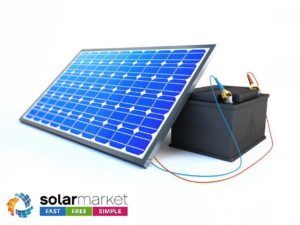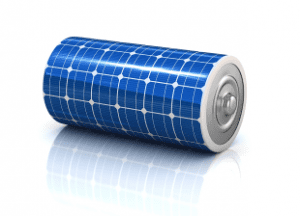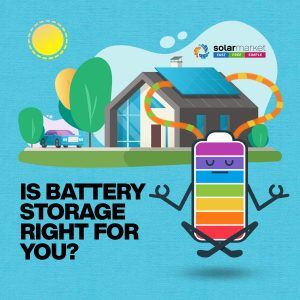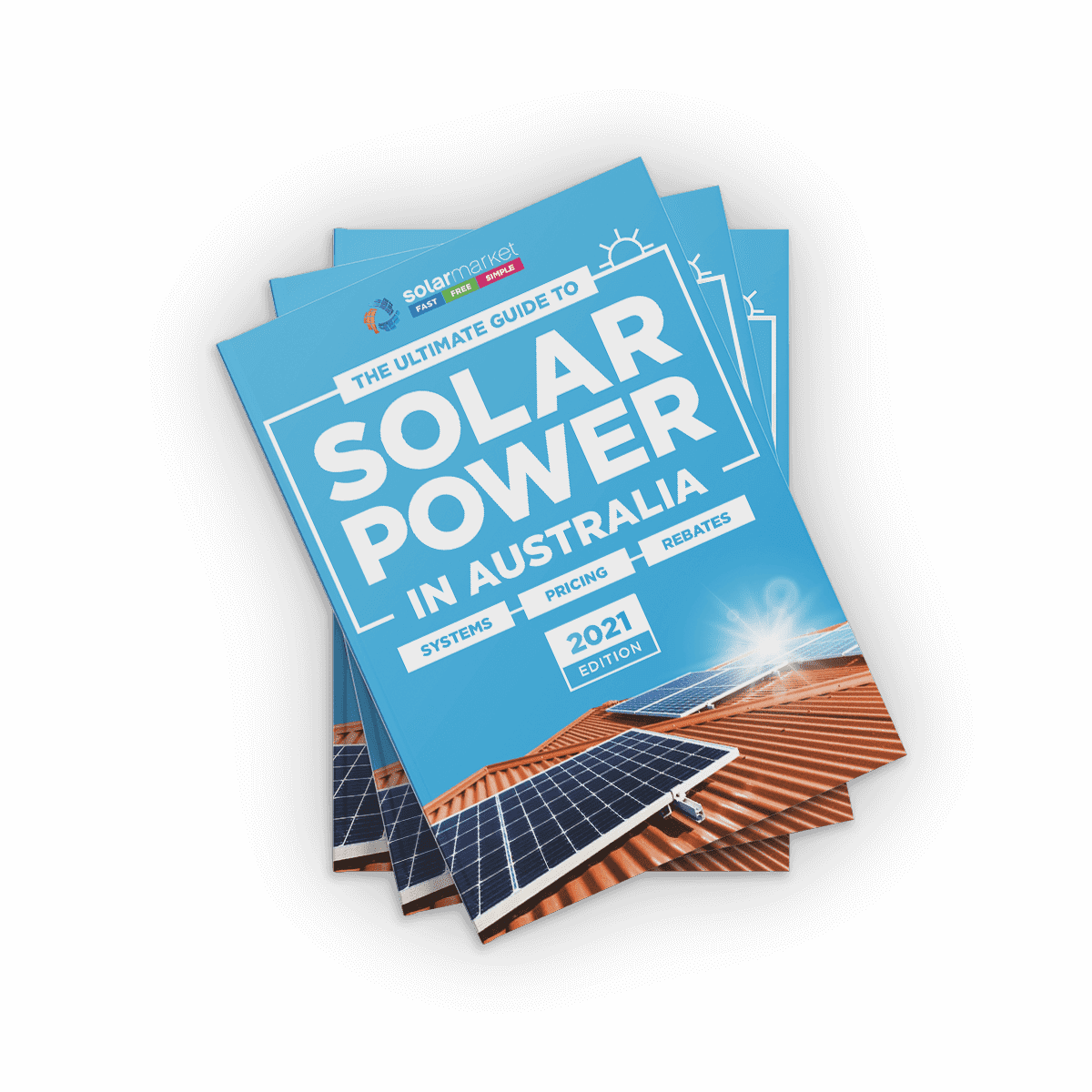Disposing of solar batteries that have come to the end of their life-cycle has become an increasing environmental challenge for Australia.
Luckily, most solar systems and batteries have at least some part of them that can be recycled. Let’s take a look at the different types of solar batteries and how they stack up when it comes to sustainable disposal.
Lead-Acid Batteries and Recycling
Although lead-acid batteries cannot be disposed of in our regular garbage bins, solar lead-acid batteries have one of the best recyclable percentages at 90-98%.
Lead plates of a lead-acid battery can be recycled back into a new battery, hard plastics can be melted to make plastic pellets and the acid can be neutralised and discharged.
The best place to ensure your solar lead-acid battery gets recycled appropriately is to drop it either to a scrap metal recycler or the original manufacturer.
 Lithium-ion Battery Recycling
Lithium-ion Battery Recycling
Lithium-ion solar batteries are among the most popular battery choices in Australia.
At the moment only 5% of a lithium-ion battery can be recycled and this percentage is set to lower again as cobalt (the most valuable element) begins to be removed from newer lithium-ion battery designs.
Other elements that are usually extracted from a lithium-ion battery are lithium phosphate, nickel and cobalt.
Flow Batteries Recycled
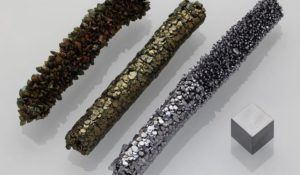 Sourced from gtm:
Sourced from gtm:As a popular battery type for large-scale solar projects flow batteries are relatively new to the market.
Containing the rare mineral vanadium, recycling of flow batteries are of interest to many manufacturers around the world. However, there are not many available companies that can currently conduct this kind of recycling. Here is the current breakdown of the elements that can be recycled in a flow battery:
- Zinc Bromine
- Plastics and acid
- Zinc iron redox flow
- Vanadium
Battery Recycling | Sodium Nickle-Chloride Batteries
Sodium-Nickle-Chloride batteries are one of the most recyclable solar batteries on the market. Containing no toxic or hazardous materials, existing stainless steel and road paving industries are already equipped to 100% recycle these kinds of batteries.
Elements that are extracted for repurposing are: Nickle, sodium, chloride, sodium, aluminium, iron, copper and plastics.
How To Recycle A Dead Solar Battery
The best way to recycle solar batteries is through a licensed battery recycling plant or the original manufacturer. When installing your solar battery ensure to ask about the available types of recycling options.
 Interested In Solar Batteries?
Interested In Solar Batteries?
Solar batteries allow solar system users to store and use their solar energy during non-daylight hours. Solar batteries mean you can be more energy efficient and autonomous with your electricity use.
If you are considering a solar battery, why do extensive research on unreliable sites when you can get complimentary quotes?
By connecting you with local CEC accredited installers within your area, Solar Market ensures you are getting reputable and tailored information specific to your needs and property type.
Find out the best solar battery for you by getting three no-obligation quotes below!

